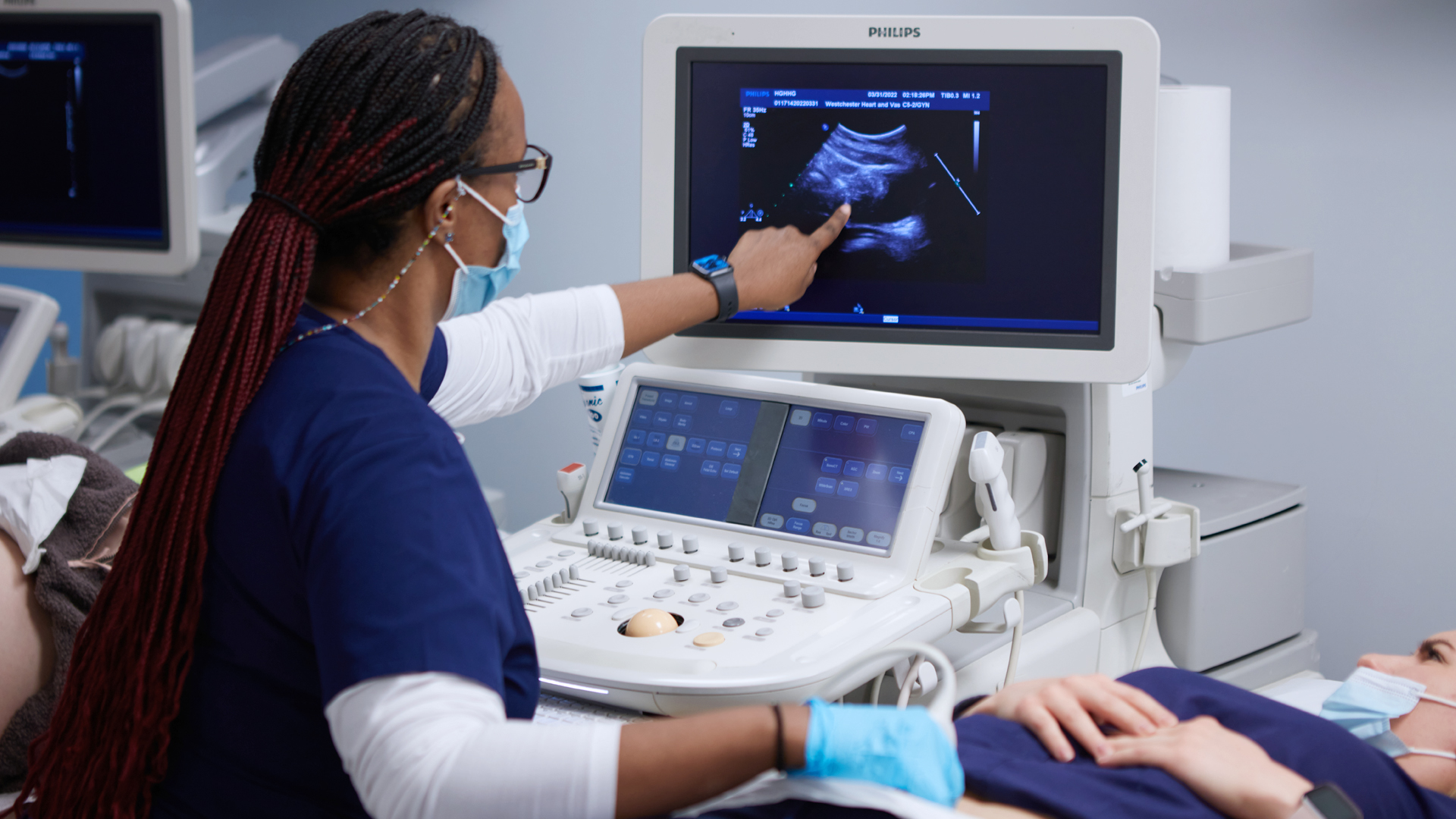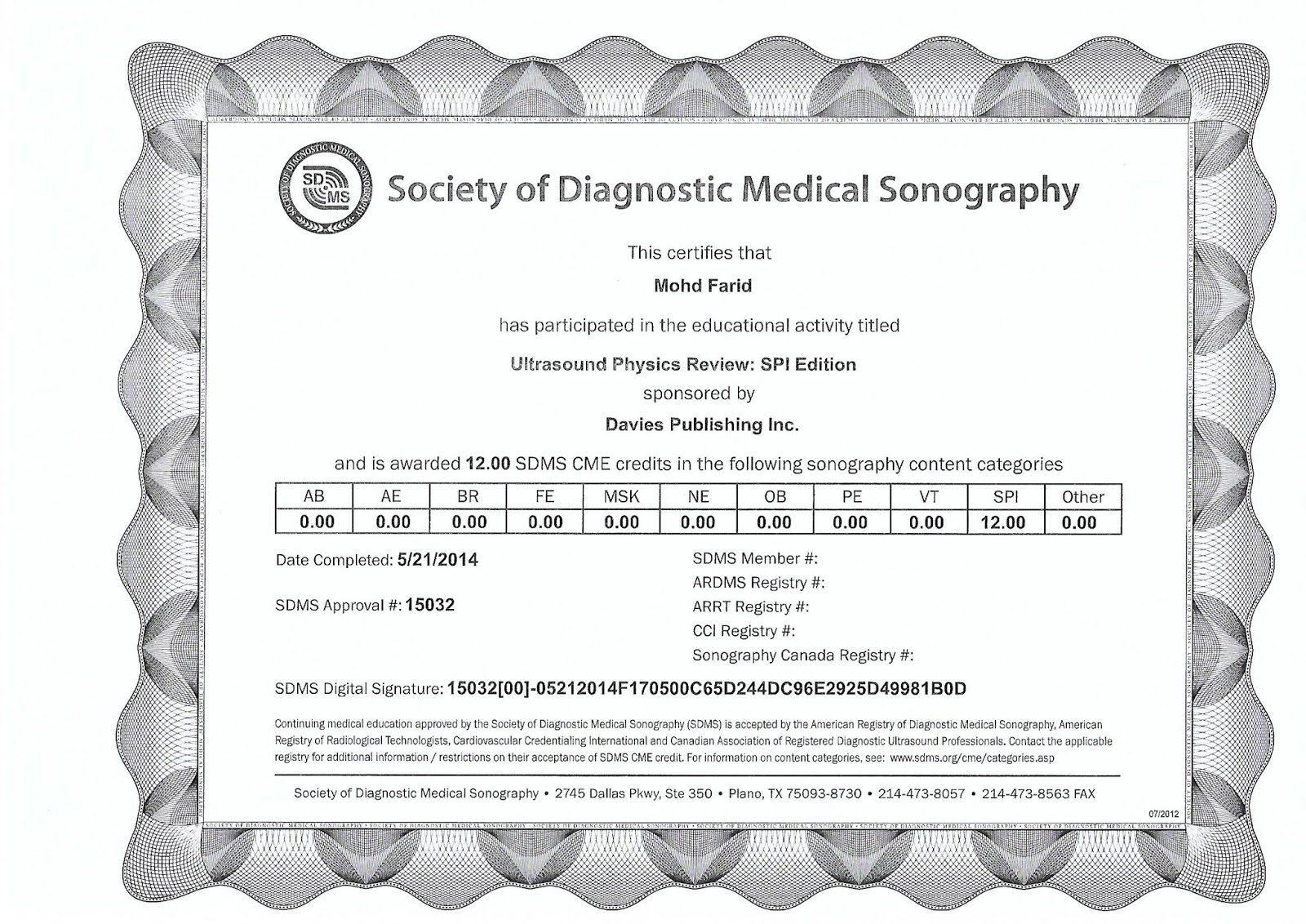The Sonogram Tech Certification: The Ultimate Guide to Your Career
Are you fascinated by the inner workings of the human body and possess a knack for technology? Do you dream of a career that combines patient care with cutting-edge imaging techniques? If so, a career as a Sonogram Technician, also known as a Diagnostic Medical Sonographer, might be the perfect path for you. This comprehensive guide will walk you through everything you need to know about the sonogram tech certification, from educational requirements to career prospects, helping you pave the way for a successful and fulfilling future.
What is a Sonogram Technician?
A Sonogram Technician, or Diagnostic Medical Sonographer, is a highly skilled medical professional who uses ultrasound technology to create images of the body’s internal organs and tissues. These images, called sonograms or ultrasounds, are crucial for diagnosing and monitoring a wide range of medical conditions. Sonographers work closely with physicians, providing them with the visual information needed to make accurate diagnoses and develop effective treatment plans. This is a vital role, providing non-invasive and often painless imaging that helps doctors understand what’s happening inside the body.
The Importance of Certification
While specific regulations vary by state, obtaining a sonogram tech certification is essential for a successful and legally compliant career. Certification demonstrates a commitment to professional standards, ensuring you possess the necessary knowledge, skills, and ethical conduct to perform your duties safely and effectively. It provides:
- Increased Credibility: Certification signifies that you’ve met specific educational and competency requirements.
- Career Advancement: Certified sonographers often have access to more job opportunities and higher salaries.
- Patient Safety: Certification emphasizes adherence to safety protocols and best practices, protecting both patients and yourself.
- Legal Compliance: Many states require or strongly encourage certification for practicing sonographers.
Educational Pathways to Sonogram Tech Certification
Becoming a certified sonogram technician typically involves completing an accredited educational program and passing a certification exam. Here’s a breakdown of the common educational pathways:
- Associate’s Degree in Diagnostic Medical Sonography (DMS): This is the most common entry-level path. Programs typically take two years to complete and cover a wide range of topics, including:
- Anatomy and Physiology
- Ultrasound Physics and Instrumentation
- Patient Care and Ethics
- Specific Areas of Sonography (e.g., Abdomen, Obstetrics & Gynecology, Vascular)
- Clinical Practicum (hands-on experience in a clinical setting)
- Bachelor’s Degree in Diagnostic Medical Sonography: A four-year degree offers a more in-depth education and may provide better career advancement opportunities.
- Certificate Programs: These programs are often available for individuals who already have a background in healthcare, such as radiologic technologists or nurses. They focus specifically on sonography training and can be completed in a shorter timeframe.
Accreditation is Key: When choosing a program, ensure it’s accredited by the Commission on Accreditation of Allied Health Education Programs (CAAHEP). CAAHEP accreditation signifies that the program meets rigorous educational standards and prepares graduates for certification exams.
Choosing Your Specialization
Sonography offers a variety of specializations, allowing you to focus on a specific area of interest. Common specializations include:
- Abdomen: Imaging the liver, gallbladder, pancreas, and kidneys.
- Obstetrics & Gynecology (OB/GYN): Imaging the female reproductive system and fetal development.
- Vascular: Imaging blood vessels to detect blockages or other abnormalities.
- Cardiac: Imaging the heart.
- Musculoskeletal: Imaging muscles, tendons, and ligaments.
- Pediatric: Imaging children.
Choosing a specialization early in your training can help you tailor your education and prepare for specific career goals.
Certification Exams and Organizations
After completing an accredited program, you’ll need to pass a certification exam. The most recognized certifying body in the United States is the American Registry for Diagnostic Medical Sonography (ARDMS). The ARDMS offers several certification exams based on specialization:
- RDMS (Registered Diagnostic Medical Sonographer): The primary certification, requiring exams in specific areas like abdomen, OB/GYN, and breast.
- RDCS (Registered Diagnostic Cardiac Sonographer): For those specializing in cardiac sonography.
- RVT (Registered Vascular Technologist): For those specializing in vascular sonography.
Preparing for these exams typically involves:
- Thorough study of your program materials.
- Reviewing exam content outlines.
- Utilizing practice exams and study guides.
Career Outlook and Salary Expectations
The demand for sonogram technicians is expected to grow significantly in the coming years. This growth is driven by:
- An aging population.
- Increased use of ultrasound technology for diagnosis and treatment.
- Technological advancements in imaging techniques.
According to the Bureau of Labor Statistics, the median annual salary for diagnostic medical sonographers was $81,300 in May 2023. Salary can vary based on experience, specialization, location, and employer.
Tips for Success in Your Sonogram Tech Career
- Develop strong communication skills: Sonographers interact with patients daily, so clear and empathetic communication is crucial.
- Master technical skills: Proficiency in operating ultrasound equipment and interpreting images is essential.
- Stay current with technology: Ultrasound technology is constantly evolving, so ongoing professional development is important.
- Prioritize patient care: Always put the patient’s well-being first.
- Seek mentorship: Learn from experienced sonographers to enhance your skills and knowledge.
Conclusion: Your Future in Sonography
A career as a sonogram technician offers a rewarding blend of technology, patient care, and professional growth. By understanding the educational requirements, the importance of certification, and the various career paths available, you can confidently pursue this exciting and in-demand profession. With dedication, hard work, and a passion for helping others, you can build a successful and fulfilling career in the field of diagnostic medical sonography.
Frequently Asked Questions (FAQs)
1. How long does it take to become a certified sonogram technician?
The time it takes varies depending on your chosen educational path. An Associate’s degree program typically takes two years, while a Bachelor’s degree takes four years. Certificate programs may be completed in a shorter timeframe, depending on prior experience.
2. What are the physical demands of the job?
Sonographers often spend long periods standing and may need to lift and position patients. Manual dexterity and good hand-eye coordination are also important.
3. What are the job prospects for sonogram technicians?
The job outlook for sonogram technicians is excellent. The demand for skilled sonographers is expected to grow significantly in the coming years, offering ample job opportunities and career advancement potential.
4. What is the difference between RDMS and RDCS?
RDMS (Registered Diagnostic Medical Sonographer) is the primary certification, covering general areas of sonography. RDCS (Registered Diagnostic Cardiac Sonographer) is a specialized certification for those focusing on cardiac sonography.
5. Where do sonogram technicians work?
Sonogram technicians work in a variety of settings, including hospitals, clinics, imaging centers, and private practices.




